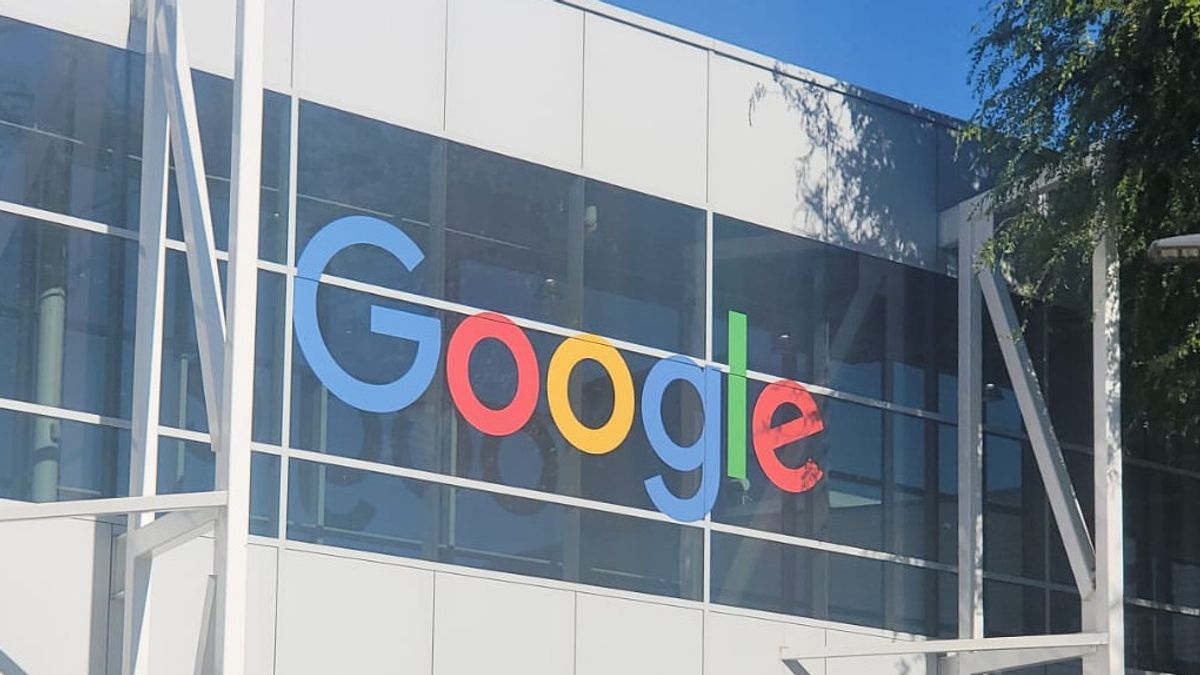JAKARTA - On Thursday, August 11, the US Federal Election Commission approved a new proposal from Google to keep campaign emails from being marked as spam.
Google's plans were first reported by Axios in June. This proposal would allow candidates, political party committees, and leadership political action committees to put forward programs that would have their messages excluded from Gmail's spam detection system.
While Google doesn't need the FEC to approve the plan before launching it, it did ask for a vote earlier this summer to ensure the program doesn't risk violating current election rules. In its ruling on Thursday, the FEC confirmed that Google's plan was legal.
"I have a hard time getting over the fact that this is a unique benefit offered to political committees, and only political committees," commissioner Ellen L. Weintraub said during the FEC's open meeting on Thursday, as quoted by The Verge. Because of the program's exclusivity, Weintraub likens it to Google offering its own "in-kind" contributions to political groups.
Google announced its political content filtering plans shortly after a recent study found that the company disproportionately flagged Republican fundraising emails as spam when compared to lawmakers and Democratic candidates.
The study angered the GOP and inspired a series of critical statements and an invitation for Kent Walker, Google's chief legal officer, to explain the company's screening decision in a private meeting on Capitol Hill.
“Our goal during this pilot program was to assess alternative ways to address the problem of bulk senders, while giving users clear control over their inbox to minimize unwanted emails,” said José Castaneda, a Google spokesperson, in a statement. statement to The Verge last Thursday.
"We will continue to monitor feedback as the trial rolls out to ensure it meets its objectives," he added.
However, it is not yet known for certain whether the spam barrier feature of political party email messages in the US will also be implemented worldwide, including Indonesia.
The English, Chinese, Japanese, Arabic, and French versions are automatically generated by the AI. So there may still be inaccuracies in translating, please always see Indonesian as our main language. (system supported by DigitalSiber.id)













